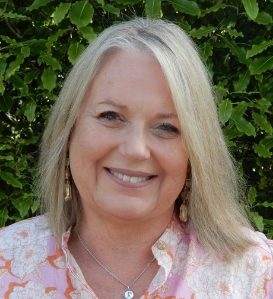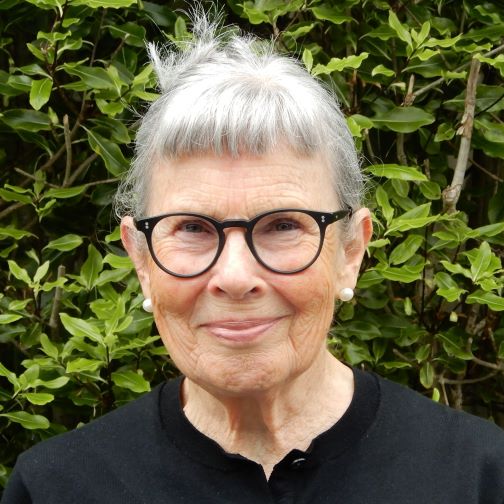“Intensive, interpersonally focused, one-to-one relationship in which one person is designated to facilitate the development of the professional competence in the other person.”
(Longanbill, Hardy & Delworth 1982 P4)
Clinical Supervision involves providing a structured relationship where a person can reflect critically on his/her work with the assistance of a trained clinical supervisor.
The supervisor is a person who has sufficient self-awareness and inter-personal competence to be able to understand the ‘working’ world of the other, and to be able to help that person grow both as a person and as a practitioner.
The purpose of clinical supervision is to encourage safe, effective practice for clients while attending to the personal and professional well-being of the Supervisee. It offers an opportunity for accountability, reflection, a wider perspective and an extra resource for the supervisee’s work.
The cost for Clinical Supervision is $110+GST /session. Invoiced to employer or paid at time of session.
Our Supervisors are qualified Counsellors and hold certificates in Supervision.

SUPERVISOR
B. Counselling (WelTec); Cert.Supervision; MNZAC
Whangarei
I enjoy working with couples and individuals from a range of ages – adolescents to senior citizens. I work integratively, mainly using mindfulness-based cognitive-behavioral person-centered, narrative modalities and using Imago Therapy when working with couples. My therapy interests and specialisations are the treatment of phobia, depression, anxiety, PTSD, self concept, grief, abuse, anger, communication, employee assistance, stress and relationship issues. I am a certificated Clinical Supervisor and an ACC sensitive claims counsellor. I am trained in EMDR.

SUPERVISOR
Dip. Counselling; Cert. Supervision; MNZAC
Whangarei